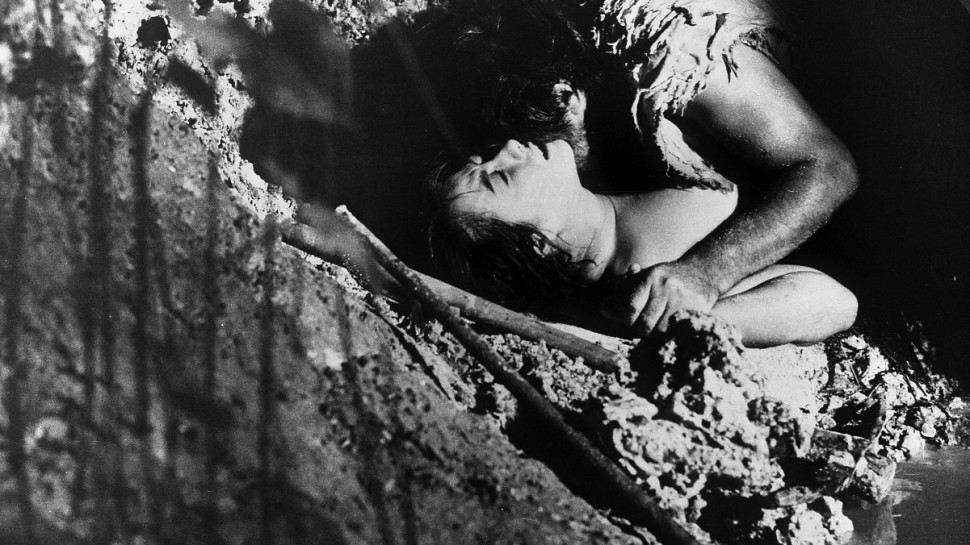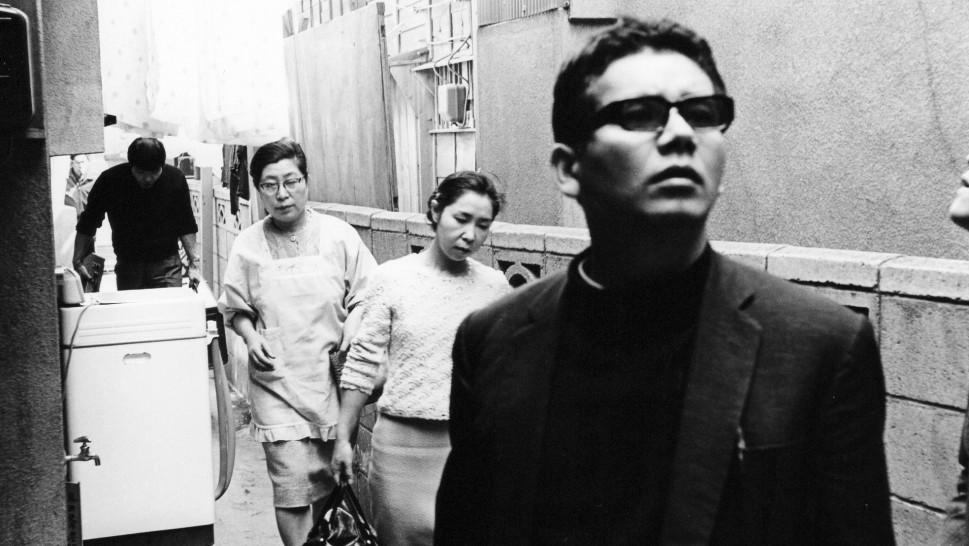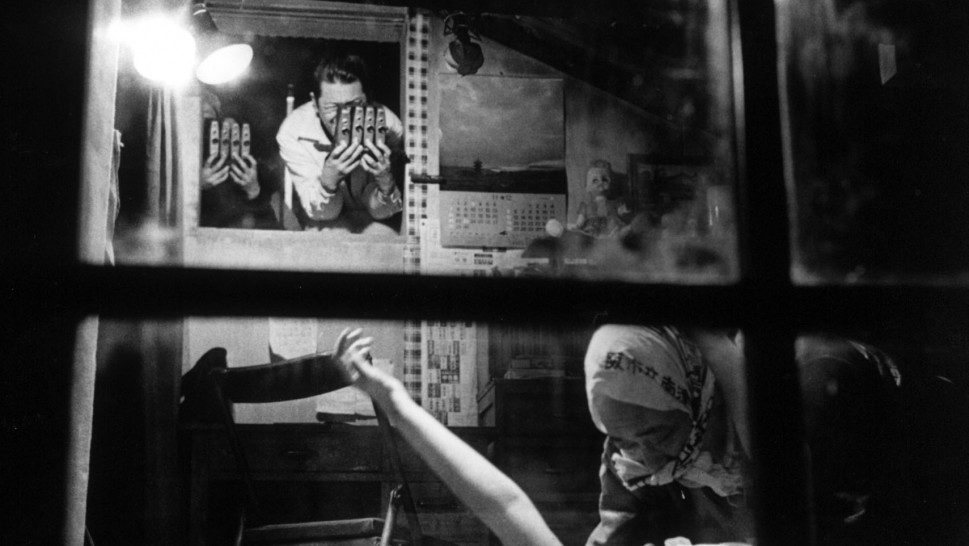




Vanishing Points: The Films of Shohei Imamura
"I am interested in the relationship of the lower part of the human body and the lower part of the social structure on which the reality of daily Japanese life supports itself." – Shohei Imamura
Shohei Imamura is widely recognized today as one of the most important directors to emerge from the Japanese New Wave of the 1960s, together with Oshima, Suzuki, and Shinoda. While Imamura's work quickly gained recognition on the international festival circuit, box office success overseas proved elusive, with Western audiences seeming to prefer the exquisite melodrama of Ozu and Mizoguchi, the action of Kurosawa or, eventually, the modernist art films of Oshima. Imamura's work is typically ribald, bawdy, and earthy, revealing and reveling in the underpinnings of Japanese society: not the code of the samurai or the rigor of the tea ceremony, but something more primal and fecund. Imamura discovers this primal element in the coarser side of life – not the working class so much as the sub-proletariat (similarly beloved by Pasolini) made up of criminals, pimps, and pornographers – and especially in his indomitable, and decidedly unelegant, heroines. This search for the primal gives Imamura's films both an anthropological aspect and an implicit critique of modernity and consumer capitalism. While Imamura's 1960s films are now acknowledged as bracingly idiosyncratic masterpieces, many of them bewildered critics and alienated audiences at the time, rendering Imamura’s career especially vulnerable to the recession that struck the Japanese film industry in the 1970s. No longer able to make features, he founded a film school and made television documentaries before his triumphant comeback to the big screen with Vengeance Is Mine. In the last decades of his life, Imamura made films irregularly, but each film was regarded as an event.
























